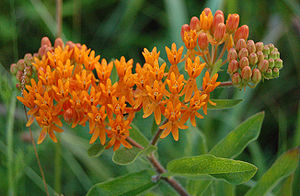| neuron fractal 1 (Photo credit: Anthony Mattox) |
I've been reading books by George Vaillant and Gene Cohen, and
they have encouraged me. Getting old is better than I thought. I
was pushing the concept of getting old as the last chance to get it right, have
a good time, and shock the neighbors, but these two writers have shown me that
there's more to it than that
The brain makes some fundamental changes as it ages. Some
things we do better than we did when we were young. Businesses that
discriminate against older workers are doing themselves a disservice--these
older workers are better at some tasks than younger ones. Experience
counts!
The brain of a younger worker has more neurons, but the older
worker has more connections in the neuronal network. When they are
compared side by side, they excel on different things. Don't think that
younger is always better.
When I took brain anatomy, science said that the brain loses
neurons from about the age of about nineteen until death. With the
addition of neuro-toxins and other contaminants, we are losing thousands
of brain cells a day and we never replace them.
While it is till true that we lose neurons, the fact I found so surprising is that
we also may form new neurons. They don't do anything for your memory
though. Your new cells do not contain the old memories. They are
for new information. You can learn new things and record new
memories. In other words, you can teach an old dog new tricks. One
of the triggers to forming new neurons has to do with activity. Both
physical exercise and mental stimulation cause this formation of new neurons,
but it needs to be strenuous activity. You need to walk, cycle, or swim
regularly and get tired. Mental activity needs to be strenuous to form
neurons too. Tackle hard math problems, learn a new language, or study
minute details of war or business.
There is a basic developmental shift in the brain as we
age. Gene Cohen describes the shift that occurs in the amygdalae,
two almond shaped structures in the limbic system that are important in emotional memory and
fear. In younger subjects brain scans show greater activity in the left
side of the amygdala when it is stimulated, but in older subjects brain scans
reveal both sides of the amygdalae are stimulated equally. This indicates
that older subjects are more controlled in their emotional response. I
guess I thought that old age had negative effects, but the learning and emotion
function of the amydalae are better in old age. They grow more
integrated. The brain has continued to develop.
Cheer up, folks! Like wine and cheese, you get
better with age.
Related article: Don't
Believe What You Read About Old Dogs

_(290626613).jpg)



